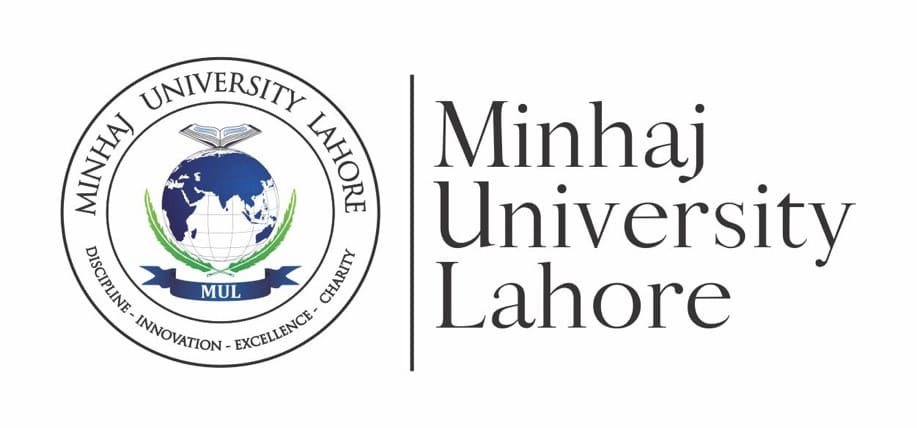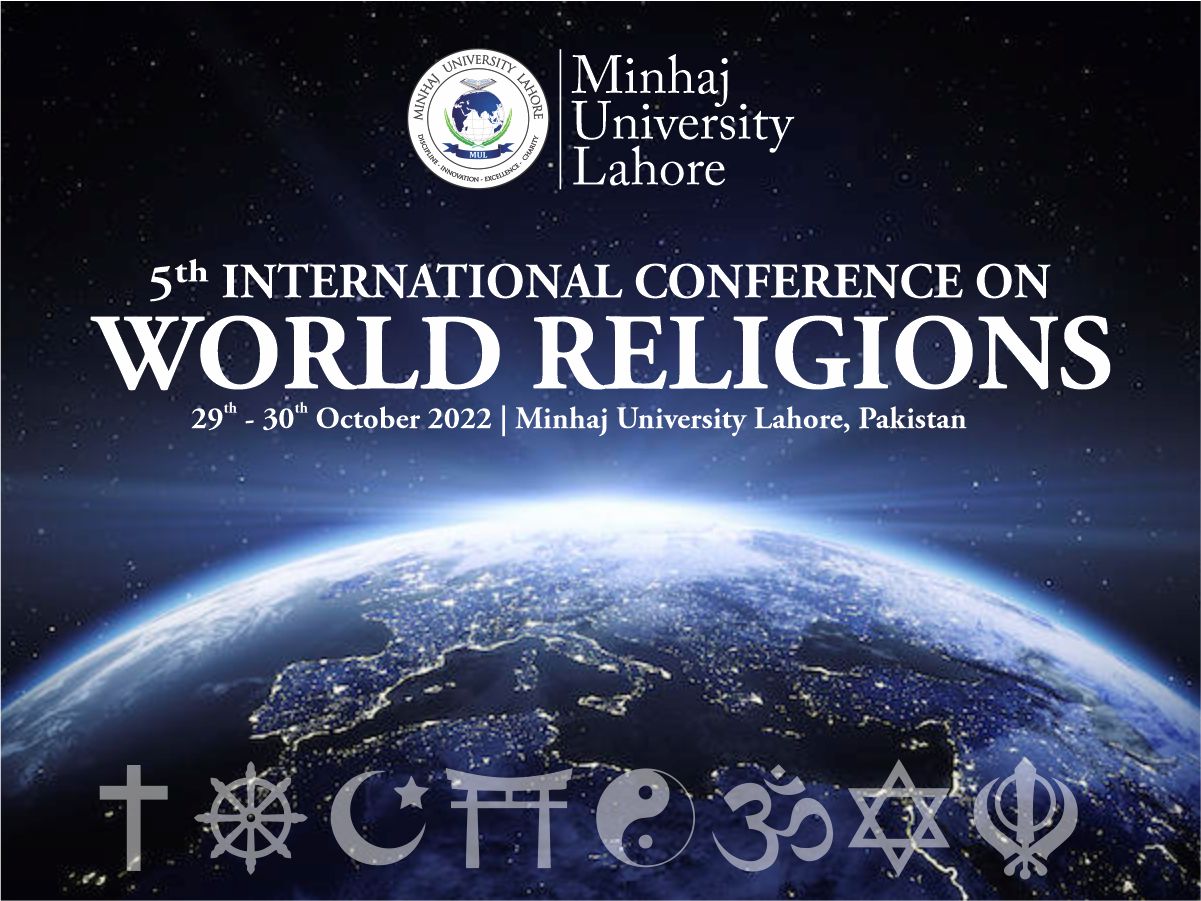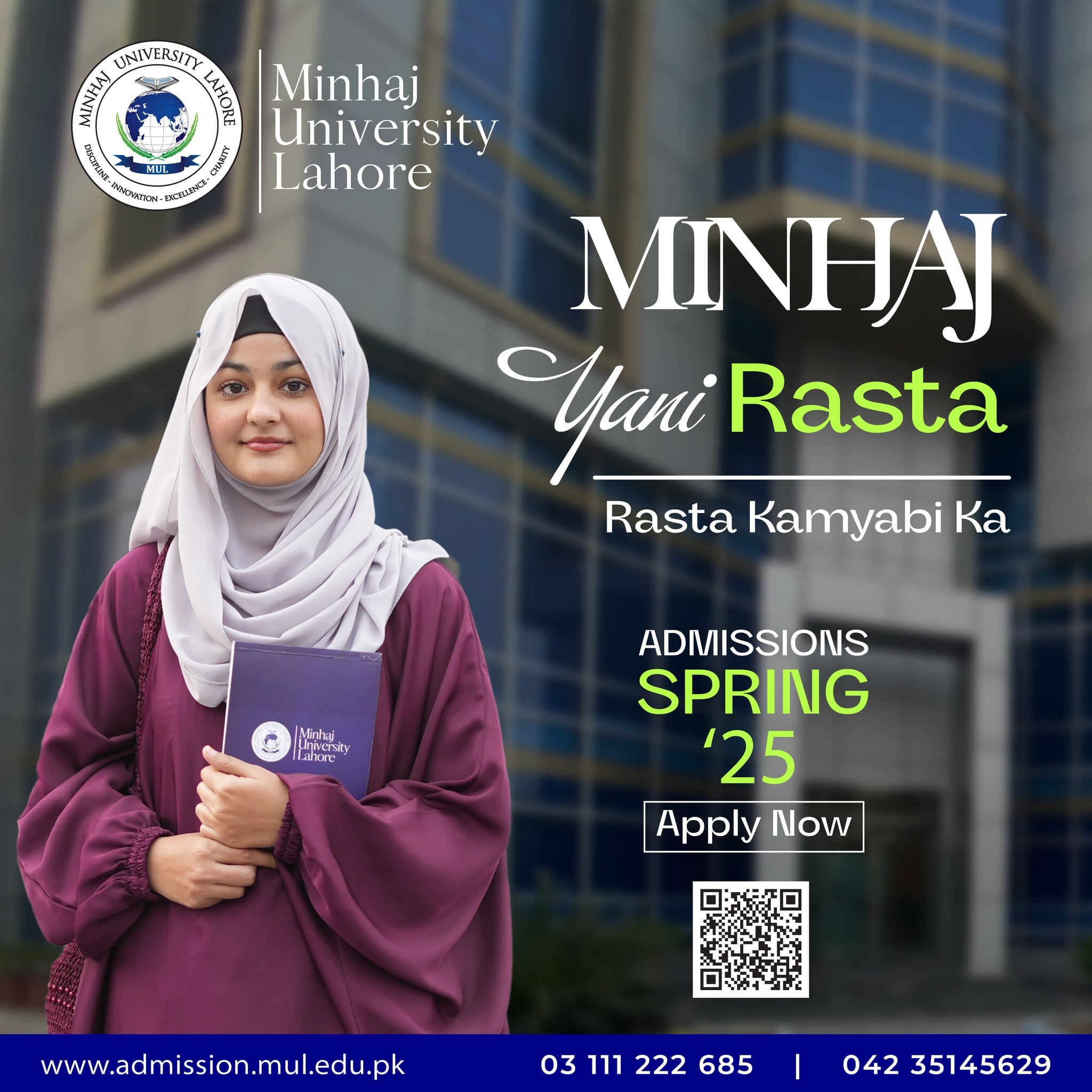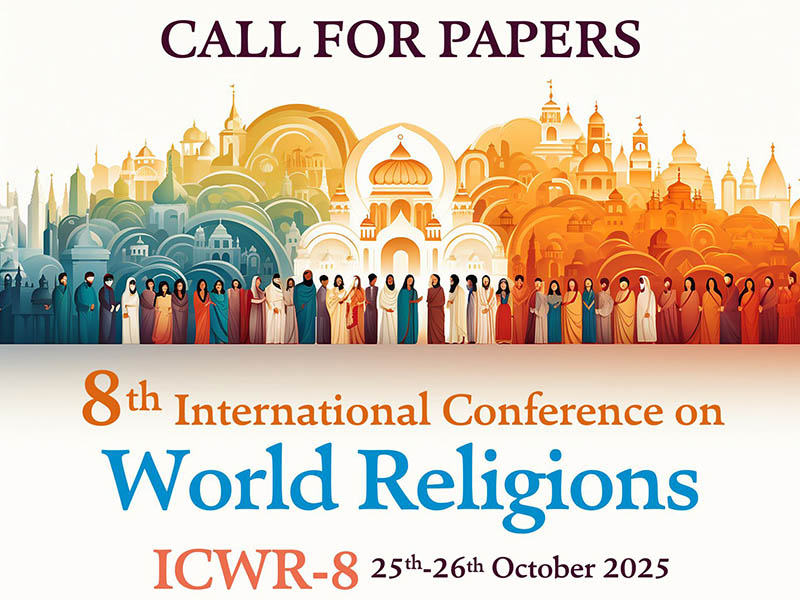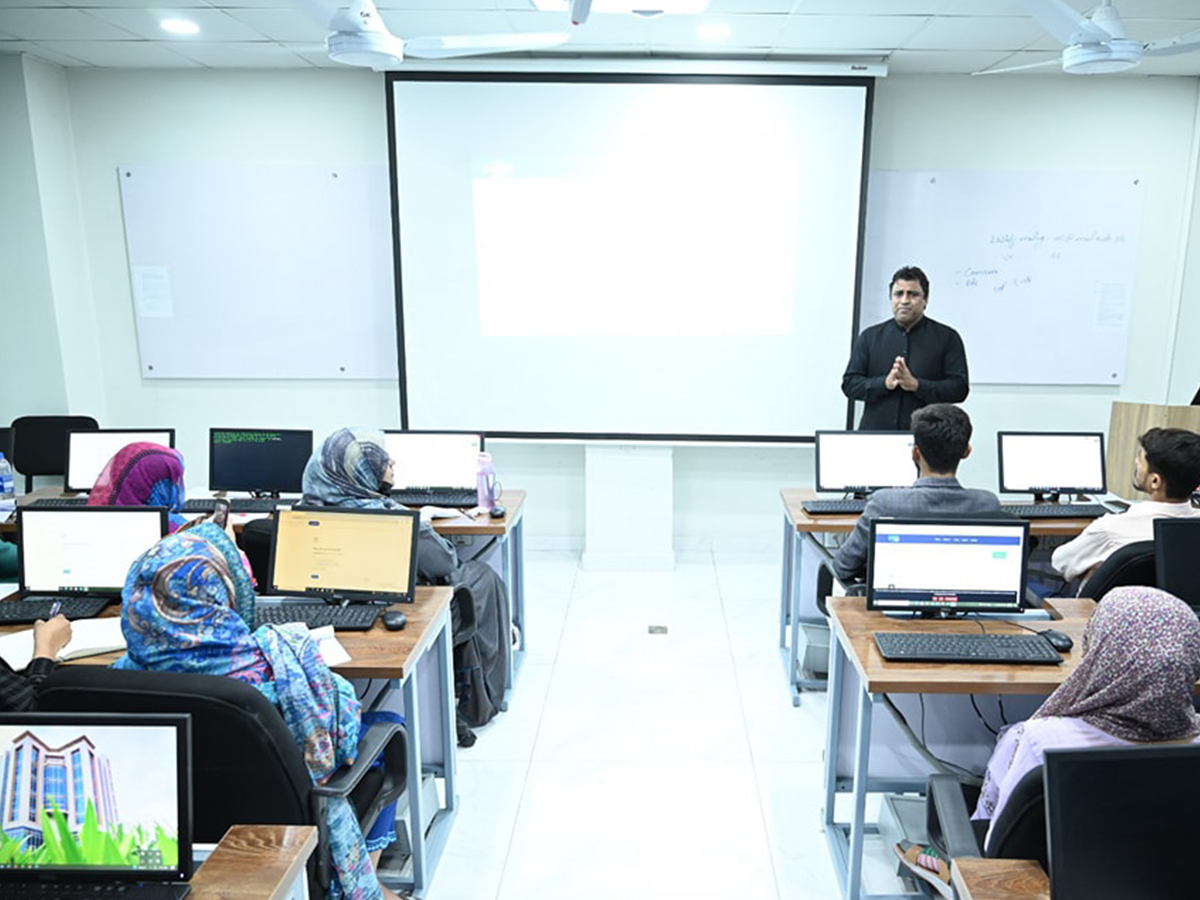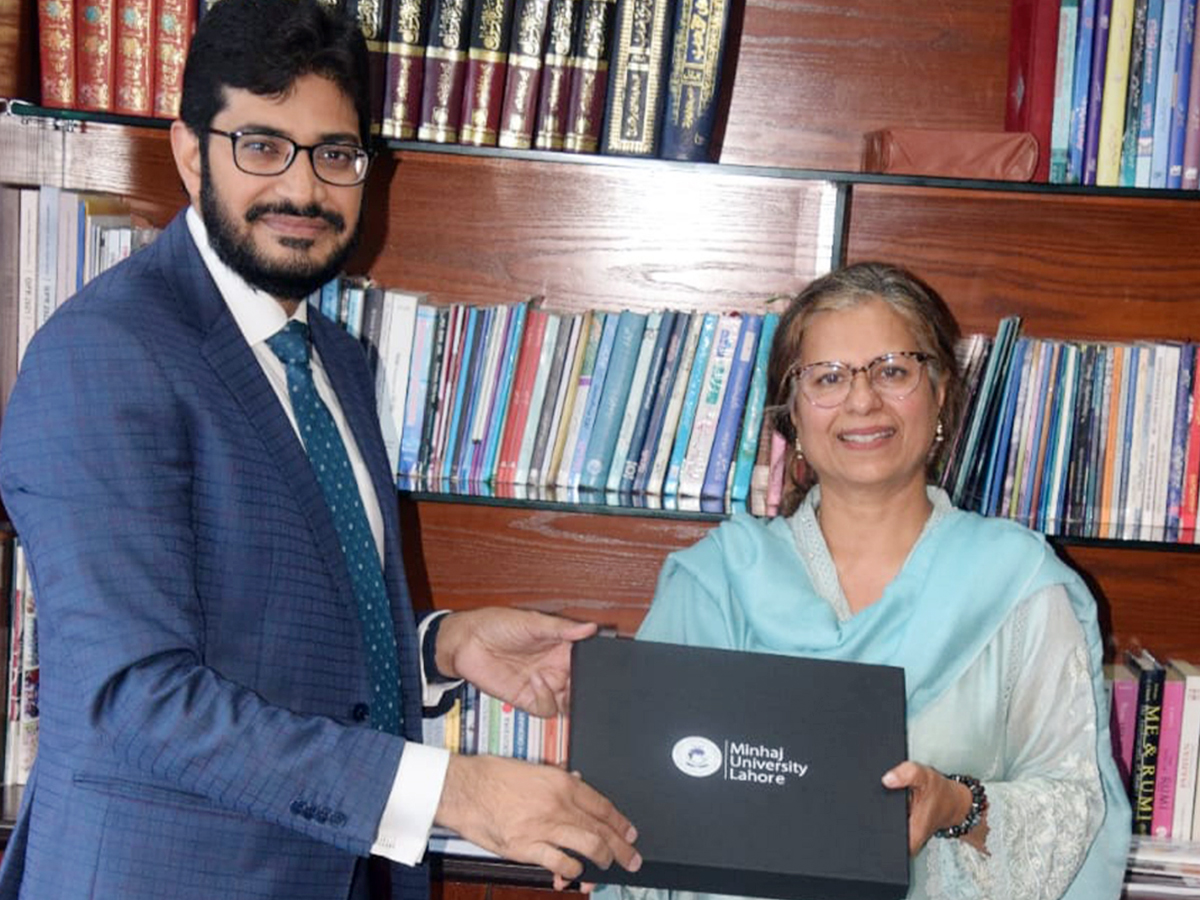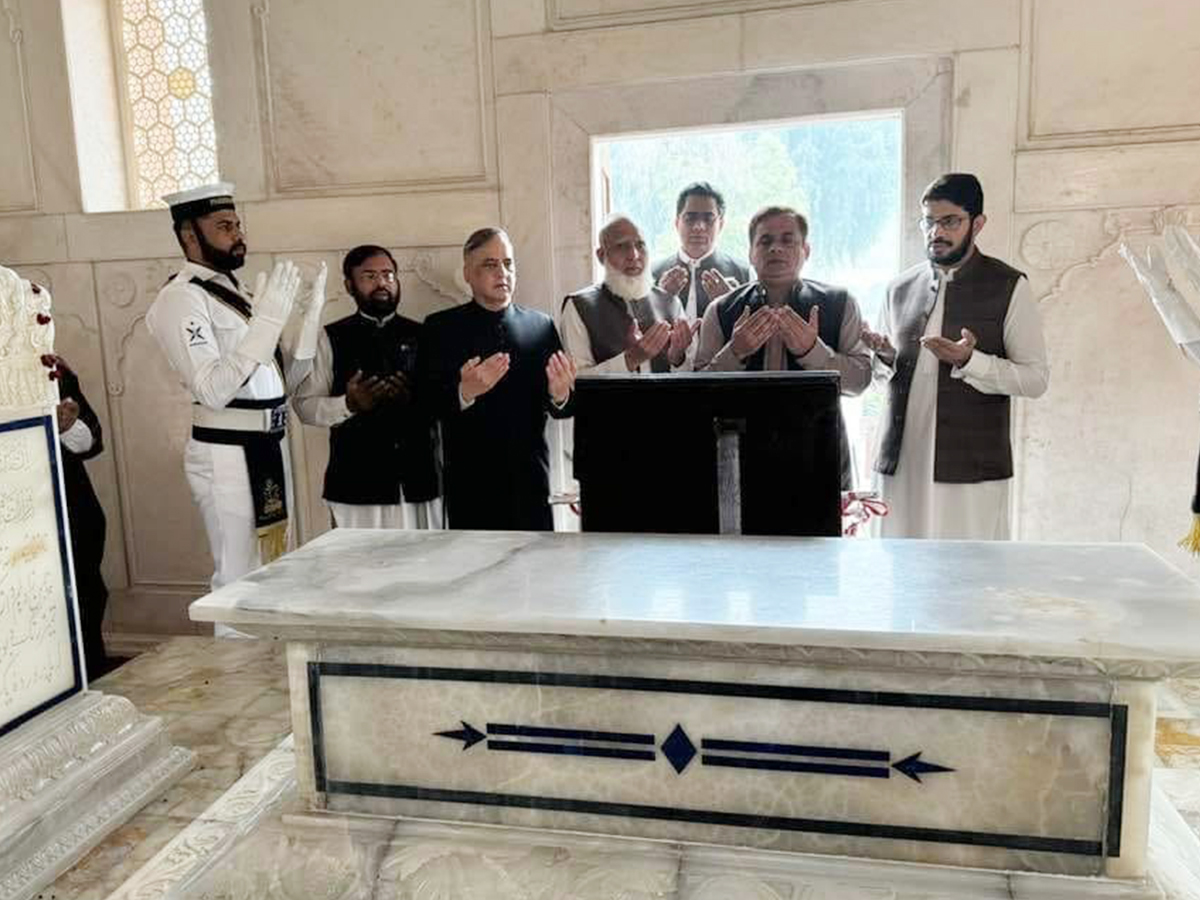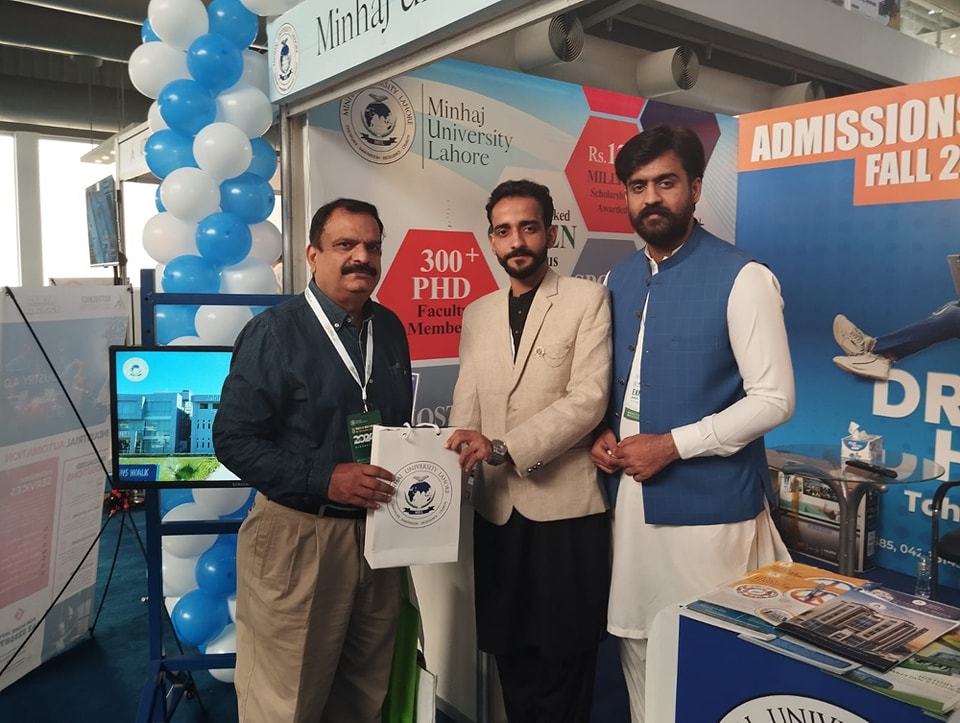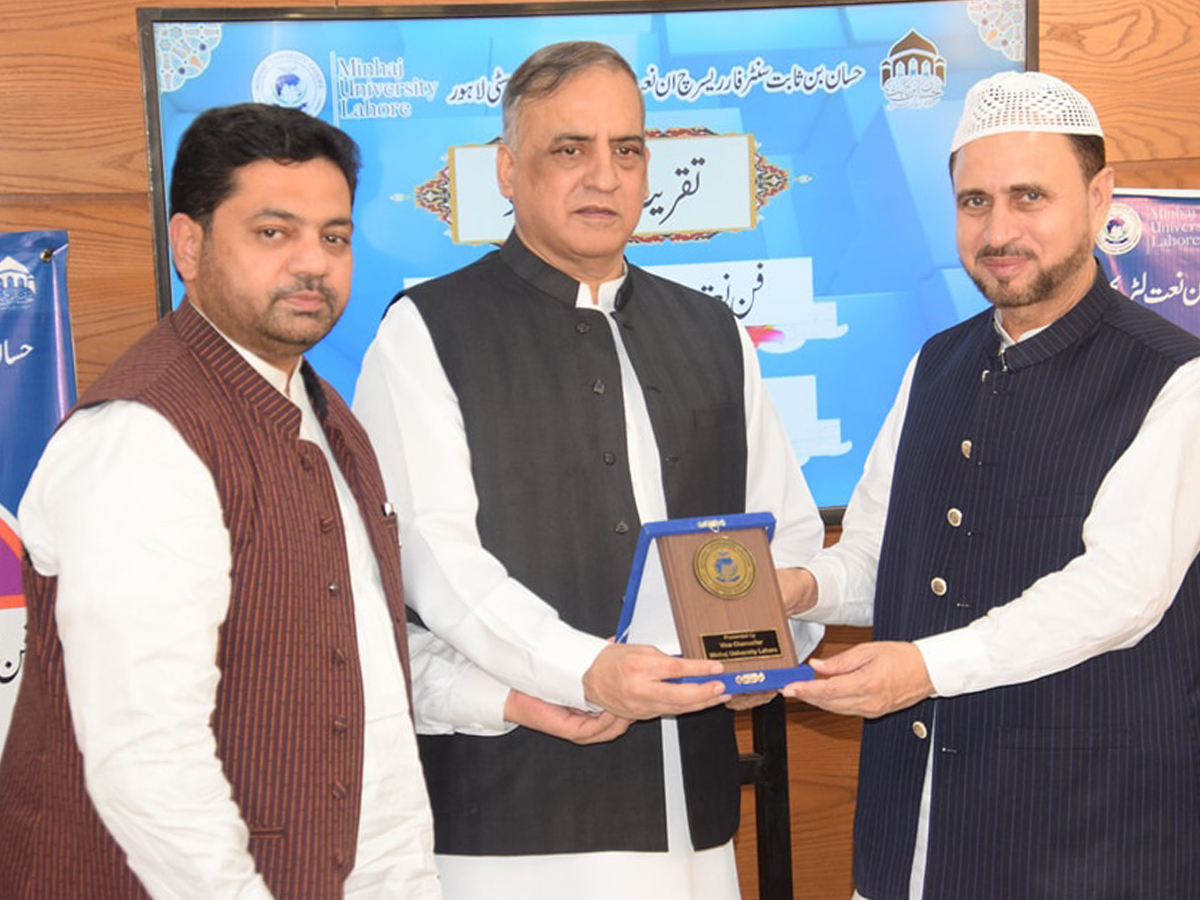5th International Conference on World Religions (5th ICWR):
29th - 30th October 2022
Organized by
The School of Religion & Philosophy
Minhaj University Lahore
Exploring Religious Difference: New Prospects for Interreligious Dialogue
The Charter of Medina is a document believed to have been written during 622 – 624 CE and it led to the formation of an Islamic State in Medina, which was multi-religious and multi-cultural. The history of Islam provides several other examples of Muslims living amicably with people of other faiths. Such historical periods of mutual recognition and appreciation have resulted in various forms of close cooperation among religions that have been of great benefit for humanity. Furthermore, these past experiences can be a source of inspiration for dialogue among living religions today.
This international conference seeks to examine the current state of the interaction between those of different religions and faiths. It is commonly known that interreligious relations can operate out of two basic views or position. The first position tends to reject the authenticity of religions that are different from our own. The people who hold this view simply adopt an exclusive position towards other religions. The second position is to regard all religions as true and worthy of respect but to give one’s own religion a special role in the religious quest. This view is commonly known as the inclusive view. Over the centuries, both these positions have confronted religious pluralism, which is the position that a number of religions can be accepted as equally valid quests for wisdom and truth. These three views have had a significant impact on religious traditions and their worldview.
Rather than discussing the theological underpinnings of these three positions, this conference is keenly interested in unearthing the effect of these three different approaches to dialogue among the religions. Conference papers may examine how these three positions have been prevalent in the past and to what extent any of these positions is more dominant today. We have selected Indonesia, Pakistan, Singapore and Australia as countries for special consideration in this conference.
Sub-themes
Papers may take up issues such as the following:
1. How has the exclusive view of religions been influential in the past, especially in any of the countries selected as a focus for this conference?
2. What have been some important consequences of the inclusive view on religions and how has this view been significant in either or all of the countries selected as a focus for this conference?
3. To what extent are these three views prevalent in the practice of Imams, religious education teachers at high-school level and undergraduate students of Islamic disciplines at seminaries and universities in any of these specific countries?
4. To what extent are these three positions prevalent among religious leaders belonging to any world religion who are involved in religious education in schools, theological training and universities in any of these specific countries?
5. What are the challenges that religious leaders, who are in favor of and actively promoting any one of the three positions, confront among their congregations?
6. What are the strategies, methods, arguments (scriptural, theological or legal) and types of reasoning that religious leaders find useful to encourage an inclusive or a pluralist view of other religions in any of the countries selected for special consideration in this conference?
Registration Fees
Participant: RS 2000 PKR
Contact Us
For Further Details
Mr. Umair Abbas, (umairabbas@mul.edu.pk)
Mr. Qasim Ali Shah, (qasim.dyreg@mul.edu.pk)
Minhaj University Lahore, Punjab, Pakistan
Website: www.mul.edu.pk
Email: conferences@mul.edu.pk
Landline: +924235145621-624, +924235145625
Mobile: +9203034434325
Minhaj University Lahore,
Punjab, Pakistan
Website: www.mul.edu.pk
Email: conferences@mul.edu.pk
Email: director.academics@mul.edu.pk
Landline: +924235145621-624, +924235145625
Mobile: +9203034434325
The Charter of Medina is a document believed to have been written during 622 – 624 CE and it led to the formation of an Islamic State in Medina, which was multi-religious and multi-cultural. The history of Islam provides several other examples of Muslims living amicably with people of other faiths.
